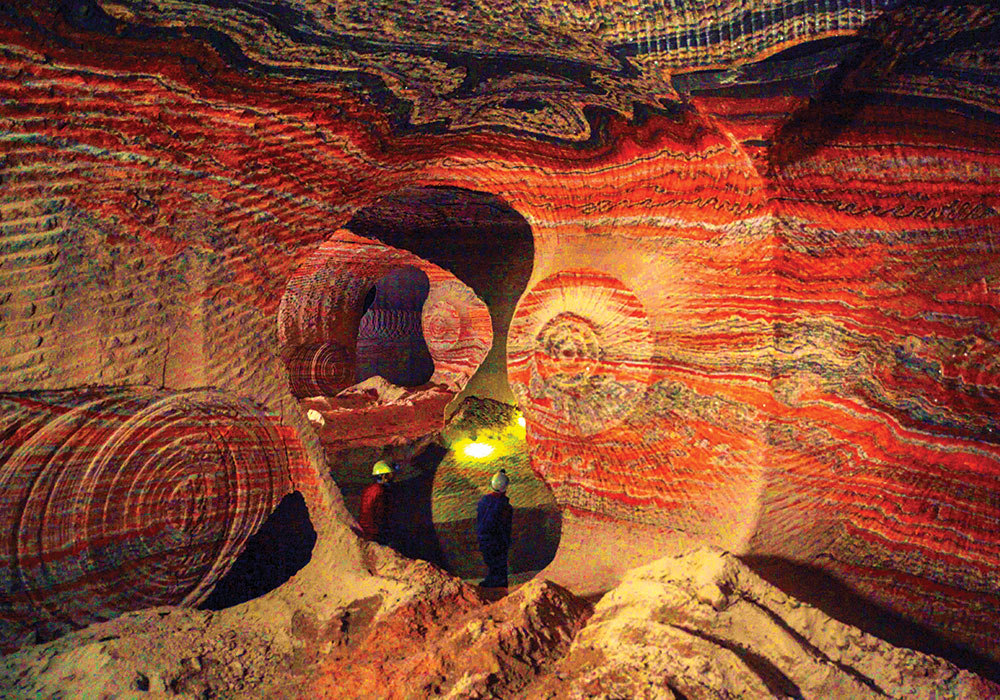Planning November 2019
Et Cetera
Ranked: The Global Liveability Index 2019

Image from Genzi iStock/Getty Images Plus.
Each year, the Economist Intelligence Unit scores 140 cities on a variety of factors across five categories: stability, healthcare, culture and environment, education, and infrastructure. According to the latest rankings, the most livable cities in the world are:
1. Vienna
2. Melbourne
3. Sydney
4. Osaka
5. Calgary
6. Vancouver
Tech: Hubbster

Image courtesy Hubbster.
Shared services are expanding into yet another new horizon. In an effort to activate public spaces and foster social connections through play, this award-winning start-up offers on-demand access to games and sporting equipment. Using an app, users can unlock boxes containing basketballs, ping-pong rackets, and croquet, then digitally invite nearby people to join. Currently, Hubbster is available only in Copenhagen and Paris, but founders Caroline Hansen and Peter Just are looking to expand to more cities soon.
—Michael Podgers
Podgers is Planning magazine's editorial intern.
Now Streaming: Anthropocene: The Human Epoch

Photo courtesy Anthropocene: The Human Epoch.
Earth has entered a new geological epoch in its 4.5-billion year history. Just as the Pleistocene gave way to the Holocene 12,000 years ago, our planet is now in the "Anthropocene," characterized by the pervasive effects of human impact on a global scale.
Exploring this "Human Epoch" — how we got here and what it means for our future survival — is the subject of Anthropocene, an artful and meditative new documentary, third in a series from the filmmaking team of Jennifer Baichwal, Nicholas de Pencier, and Edward Burtynsky.
From Siberia to the Great Barrier Reef, Anthropocene explores the ways our technologies, settlements, and patterns of consumption and waste have altered every environment and ecosystem on the planet. The camera captures beautiful, striking, and terrifying images of the awesome power and epic scale of modern human enterprises. From open-pit mining in Germany to vast lithium processing fields in Chile, from China's great sea wall to Nairobi's sprawling landfills, humanity has literally become a geological force: we are terraforming our own planet through everything we do.
More often than not, these changes are found to be both dangerous — to humans or other life forms — and irreversible. The film strives to end with a hopeful message: As with any sort of addiction, recognizing the problem may be the first step towards positive change. But other than an upbeat folk song to accompany the closing credits, little evidence of progress can be found.
Anthropocene is currently screening in select theaters and available on iTunes.
—Ezra Haber Glenn, AICP
Planning's film reviewer, Glenn teaches at MIT's Department of Urban Studies & Planning. He writes on cities and film; read more at urbanfilm.org.
Planners Playlist
What Makes Us Human? enters its fifth season with Cornell's Linda Shi, assistant professor of city and regional planning, and research at the intersection of climate change and equity.
Architecture & Anthropocene joins curators and designers in a discussion on the human impact on the environment, both built and natural.
Et Cetera is a curated collection of planning odds and ends. Please send information to Lindsay R. Nieman, Planning's associate editor, at lnieman@planning.org.


